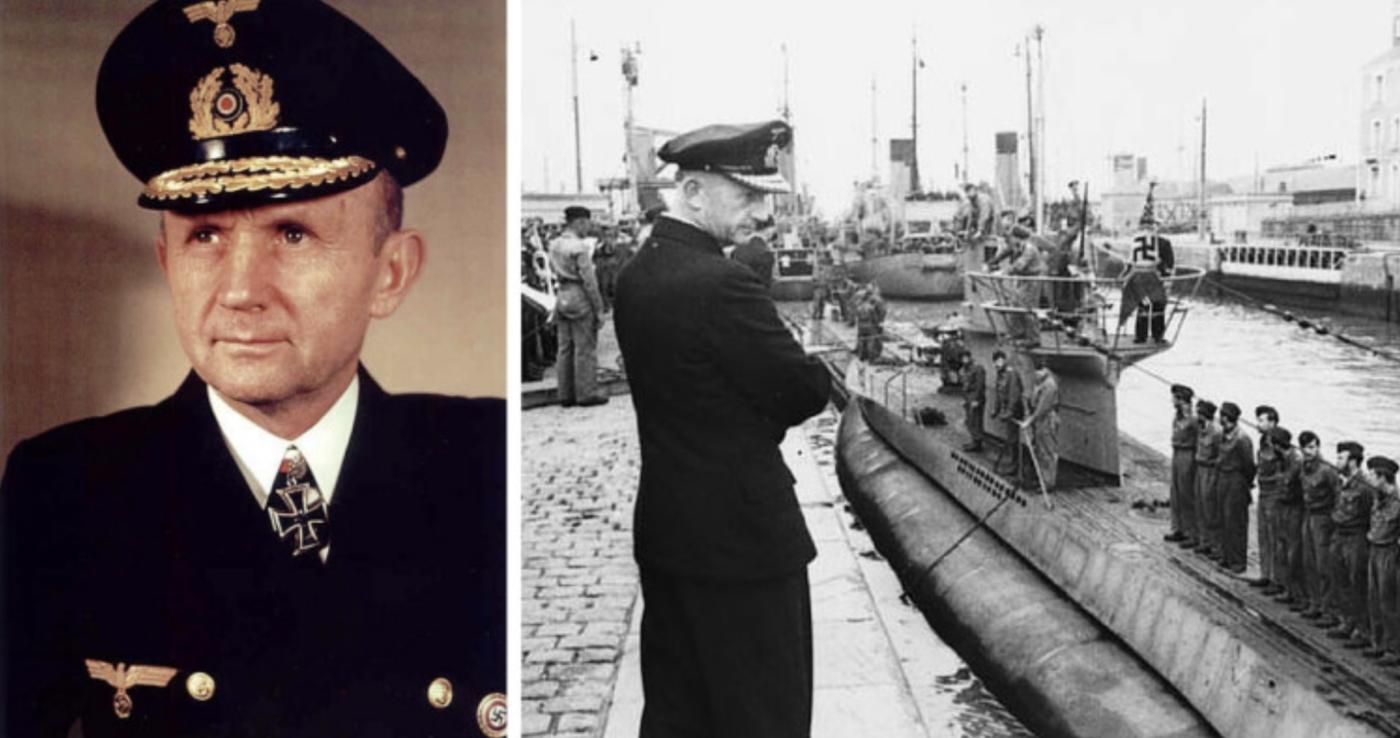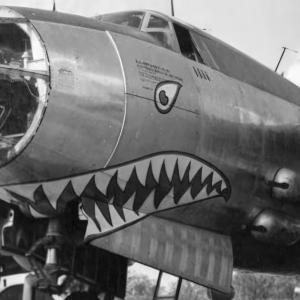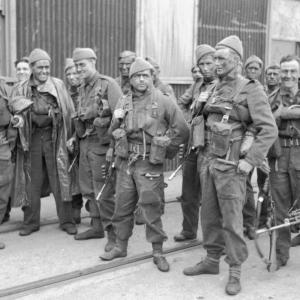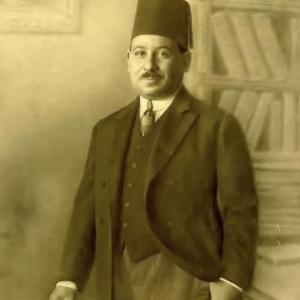
Karl Donitz
Karl Dönitz was born on September 16, 1891, in Grünau near Berlin, Germany. He was the son of an engineer and grew up in a respectable middle-class family. From an early age, Dönitz displayed a fascination with mechanics and the sea, interests that would later define his entire career. His disciplined upbringing and sense of duty aligned well with the values of the Imperial German Navy, which he joined in 1910 as a cadet at the age of nineteen.
His early naval career was spent aboard light cruisers, and during the First World War, he served as a junior officer before transferring to the submarine branch, which was then a relatively new and daring arm of naval warfare. Dönitz quickly demonstrated exceptional technical understanding and leadership ability, earning command of his own U-boat, U-68. In 1918, while commanding this vessel in the Mediterranean, he was captured by the British after being forced to surface when his submarine was damaged. He spent the remainder of the war in a British prisoner-of-war camp, where he began to formulate ideas about submarine tactics that he would later put into practice on a much larger scale.
After his release in 1919, Dönitz returned to a Germany in turmoil. The Treaty of Versailles had severely limited the size and power of the German Navy, now called the Reichsmarine, but he remained in service. Throughout the 1920s and 1930s, he quietly rose through the ranks, focusing on developing new naval strategies despite the restrictions placed on Germany. When the Nazi regime came to power in 1933, the navy began to expand once again, and Dönitz’s technical expertise and vision for submarine warfare found new importance. He became a key figure in rebuilding Germany’s U-boat arm, which had been entirely banned after the First World War.
By 1939, on the eve of the Second World War, Dönitz had been promoted to the rank of Commodore and given command of the newly formed U-boat fleet. When war began that September, he directed operations in the Atlantic, employing the tactic he had long envisioned—coordinated group attacks known as “wolf packs.” These tactics brought devastating success in the early years of the Battle of the Atlantic, as U-boats sank thousands of Allied merchant ships carrying vital supplies to Britain. Dönitz was promoted to Rear Admiral in 1940 and Vice Admiral in 1941, as his reputation grew both within the navy and with Adolf Hitler himself.
In 1943, following the dismissal of Grand Admiral Erich Raeder, Dönitz was appointed Commander-in-Chief of the Kriegsmarine on January 30. At that point, he commanded an enormous naval force, with around 400 operational U-boats and more than 600,000 men under his control, including both naval and shore personnel. His relationship with Hitler was one of mutual respect, built on a shared belief in discipline and loyalty. Hitler regarded Dönitz as one of the few senior officers who was entirely devoted to him and free from political intrigue. In return, Dönitz saw Hitler as the legitimate leader of Germany, and though he was a professional naval man rather than an ideological Nazi, he remained obedient and unwavering in his loyalty.
As the war turned against Germany, Dönitz’s U-boat arm suffered increasingly heavy losses due to improved Allied tactics, radar, and air patrols. Despite this, he continued to order aggressive operations until the very end, hoping to cut off Britain’s supplies and force a negotiated peace. When Hitler committed suicide in his Berlin bunker on April 30, 1945, he named Dönitz as his successor in his political testament. Dönitz thus briefly became the President of Germany and head of state of what remained of the Third Reich. From his headquarters in Flensburg near the Danish border, he oversaw the final surrender of German forces on May 8, 1945. His short-lived government, known as the Flensburg Government, lasted only a few weeks before it was dissolved by the Allies.
After the war, Dönitz was arrested by British forces and tried at the Nuremberg Trials. He was charged with waging aggressive war and with war crimes related to unrestricted submarine warfare. The tribunal acknowledged that similar tactics had been used by other nations and that Dönitz had tried to observe certain international rules, but he was nonetheless found guilty. In 1946, he was sentenced to ten years in prison and served his sentence in Spandau Prison in Berlin.
Upon his release in 1956, Dönitz retired to the quiet village of Aumühle in northern Germany. He wrote his memoirs, Ten Years and Twenty Days, which defended his actions and presented himself as a loyal soldier carrying out his duty rather than a political or ideological figure. In his later years, he lived a secluded life, maintaining contact with a small circle of former naval officers and supporters. Karl Dönitz died on December 24, 1980, at the age of eighty-nine.
He remains one of the most controversial figures of the German military—brilliant as a naval strategist and leader, yet unwaveringly loyal to a regime that led his country to ruin. His career traces the rise, power, and collapse of the Kriegsmarine, and through it, the tragic trajectory of Germany in the first half of the twentieth century.










